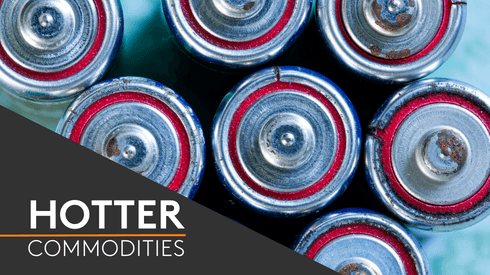In an interview on Friday, October 6 ahead of the annual LME Week, Máximo Pacheco said the state will retain a majority stake in the venture.
“Following a decision by our board and confirmed by the National Strategy of Lithium, Codelco is negotiating with SQM to become partners in order to develop a public-private collaboration, and to continue extending and expanding projects,” he said.
“We are just in the process of negotiations with SQM to see if we can settle this and reach an agreement,” he added.
SQM’s current lease to produce lithium expires in 2030.
Codelco’s lithium production contracts
In April, Chile revealed plans for Codelco to take a majority stake in any future lithium production contracts while respecting existing mining leases in the country.
The move comes while countries around the world scramble to secure supplies of lithium, a critical mineral in electric vehicle battery production. Chile has the world’s largest lithium reserves and is the second biggest producer globally.
Under Chilean law since 1978, lithium is owned by the state, which in turn signs leasing contracts with companies seeking to develop projects. Aside from SQM, the other major lithium producer in Chile is US-based Albemarle, whose contract expires in 2043.
Codelco has already invested in exploration in the Salar de Maricunga in Chile’s northern Atacama region.
“We want to be very focused and keep it simple so as to be able to deliver results. At this stage, we have been discussing with our board the business model that we want to have in place, and we have had conversations with several companies that are interested in developing this business with us,” Pacheco added.
The Chilean government has not yet sent a bill to parliament for the creation of a national lithium company, but has said it will do so by year-end, Pacheco said.
Codelco has created its own subsidiary for lithium within the company, keeping it separate from copper to avoid distraction, Pacheco added.
In Hotter Commodities, special correspondent Andrea Hotter covers some of the biggest stories impacting the natural resources sector. Sign up today to receive Andrea’s content as it is published.




